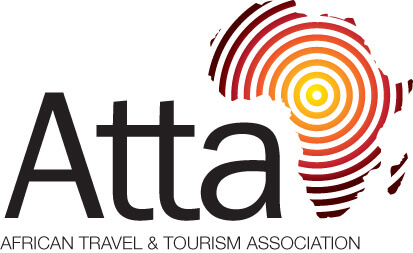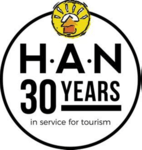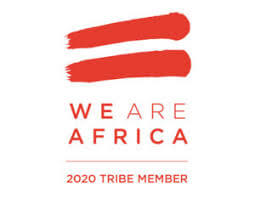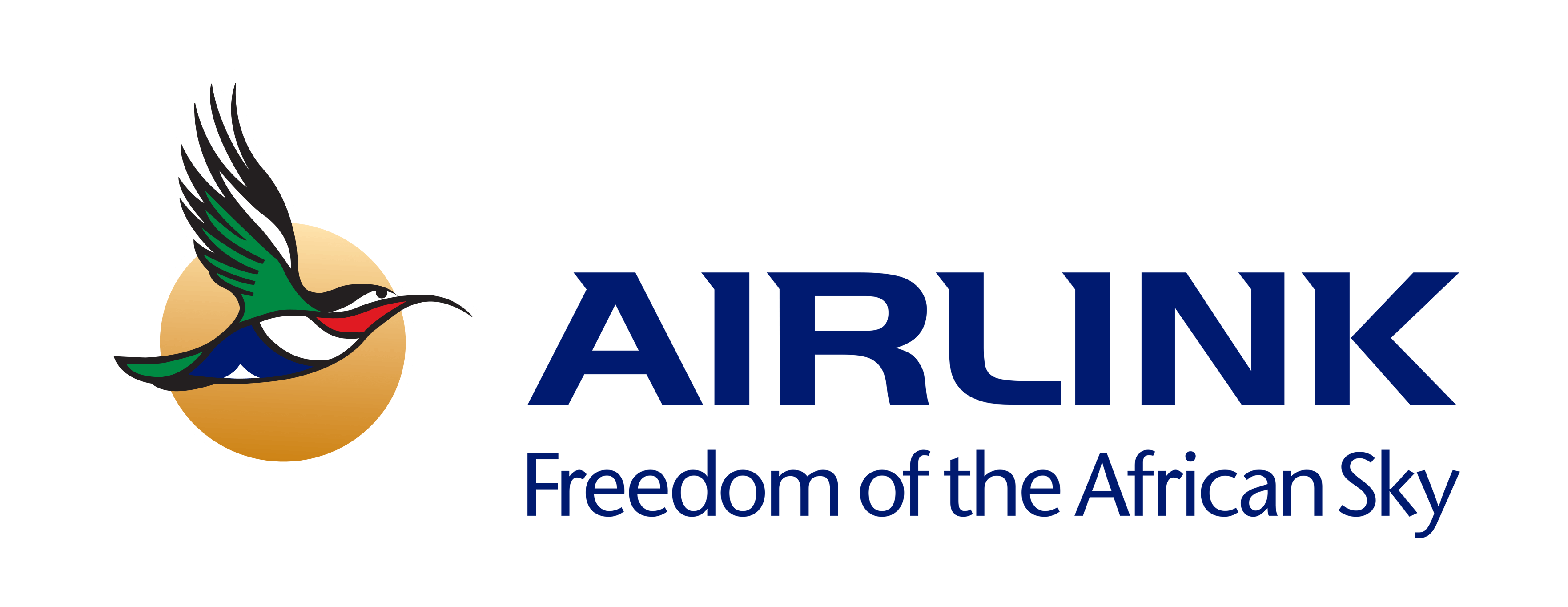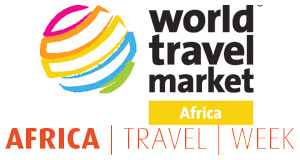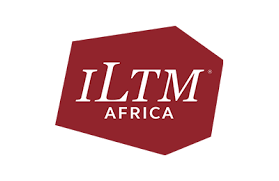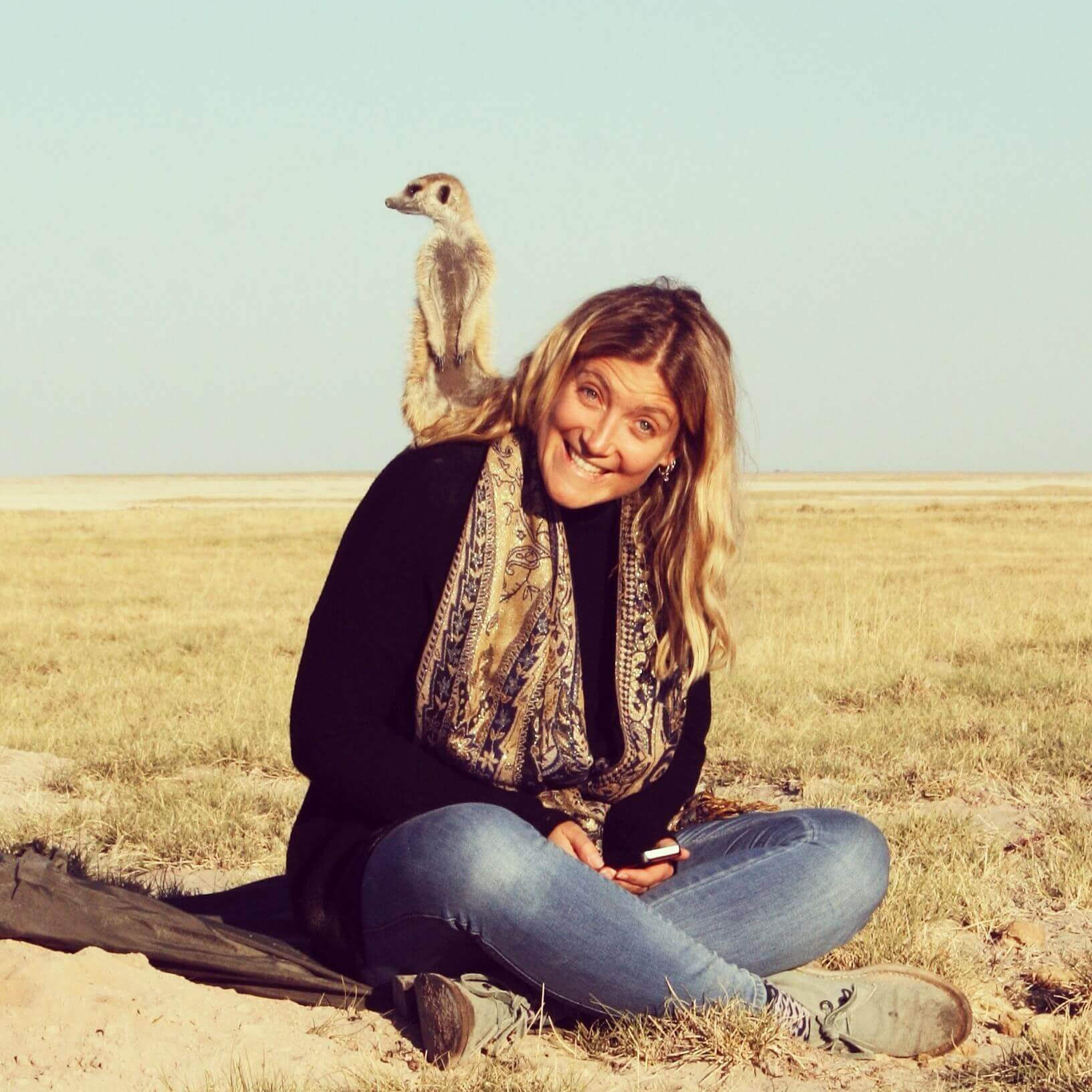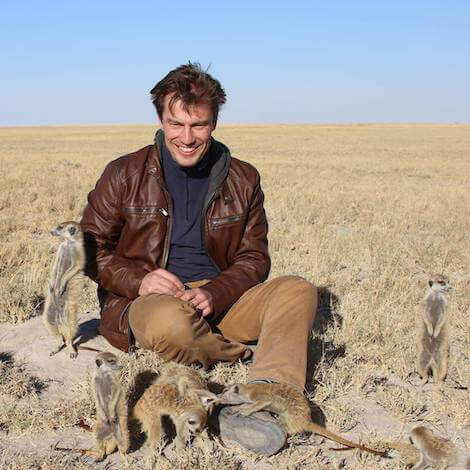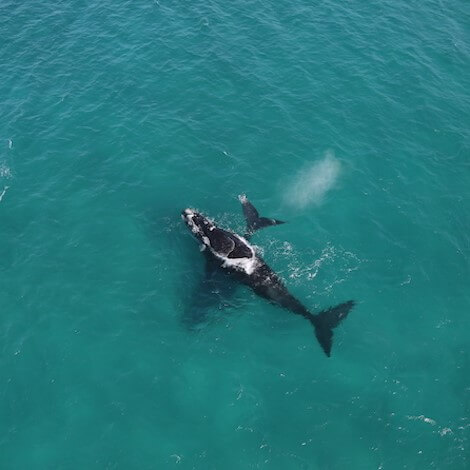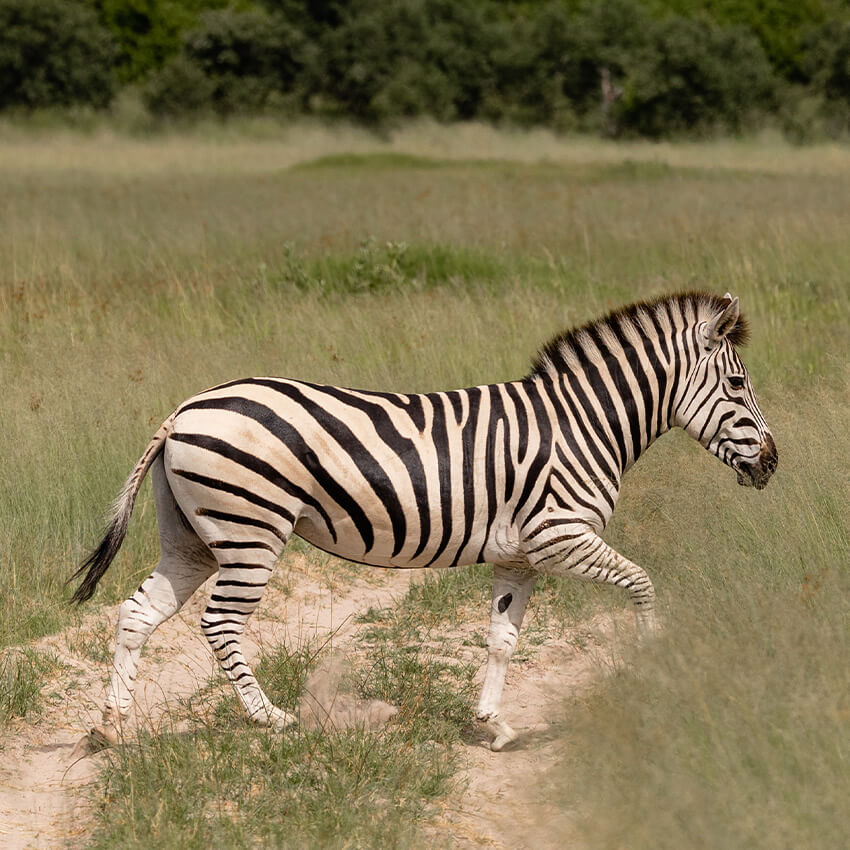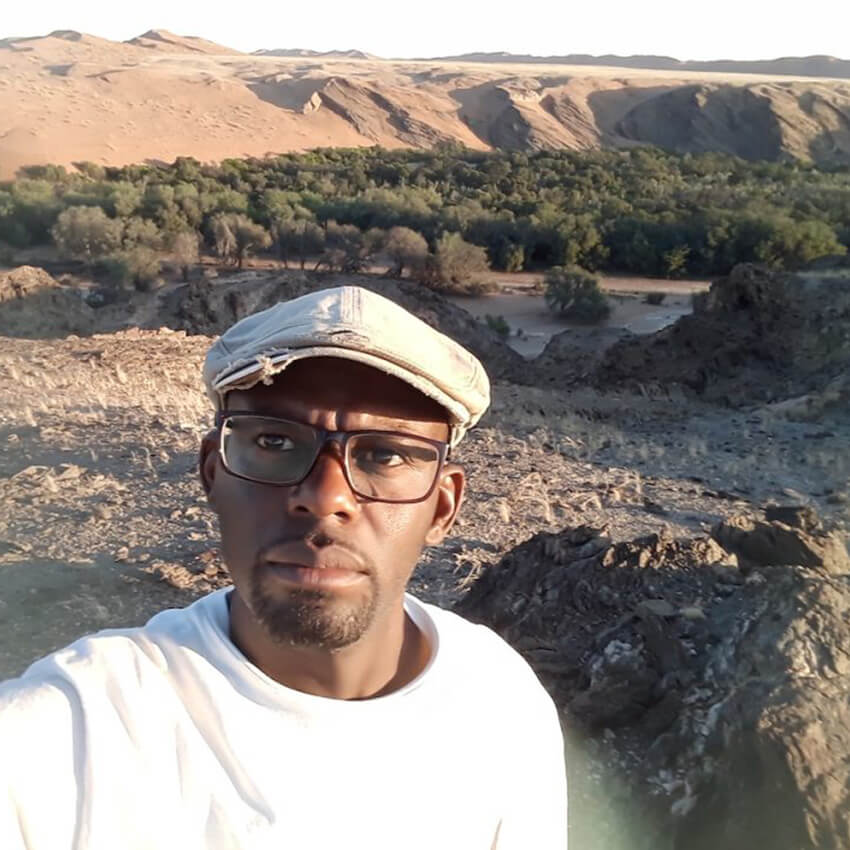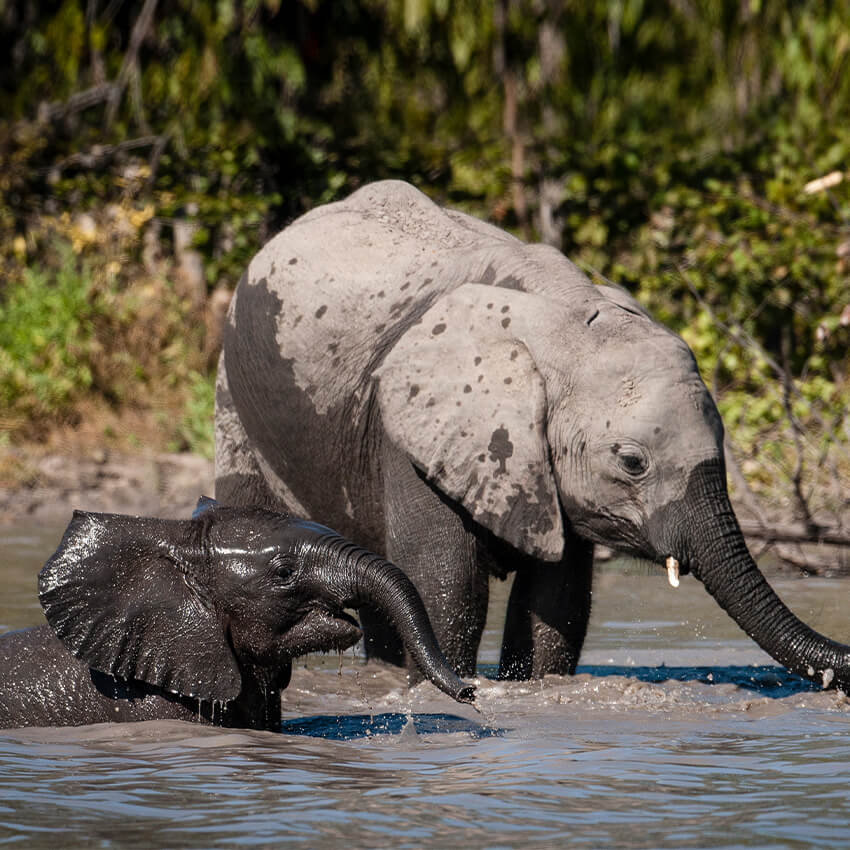Active
Popular
The Botswana Elephant In The Room
 Natural Selection
Natural Selection
 May 19, 2022
May 19, 2022
We cannot sit on the fence when it comes to finding solutions to foster the co-existence between humans and elephants.
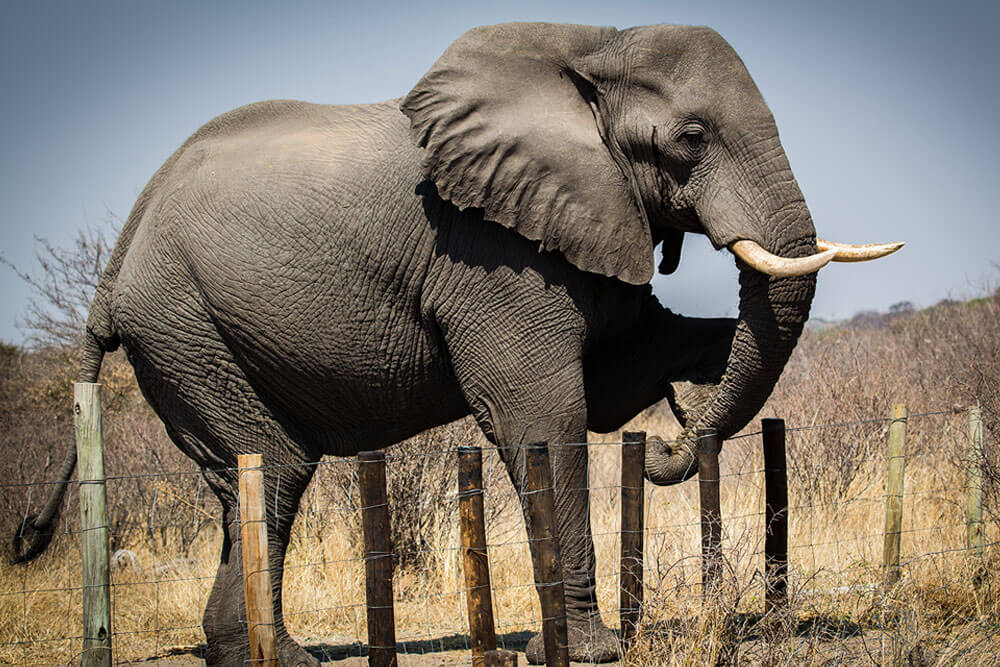
African Savannah Elephant (loxodonta africana) are under threat and are currently classified by the IUCN as endangered, with global populations declining by 60% in the last 50 years,
The populations in Botswana are however stable and increasing in number, where the largest concentration of elephants on the planet are to be found in Northern Botswana (estimated to be 126,000). The rural nature of many of the villages in these areas, means that an ‘elephant in the room’ is not an entirely implausible scenario. The idiomatic ‘elephant in the room’ however is that the threats to elephant survival are overwhelmingly human induced, with the primary drivers being poaching and habitat loss and fragmentation.
The relative refuge that elephants find in Botswana in the context of declining global populations, makes the conservation efforts here that much more significant; and solutions that look to foster co-existence between humans and elephants are therefore a crucial aspect of these conservation efforts!
The rural village of Moreomaoto (the closest village to Meno a Kwena) happens to be in one of the highest human wildlife conflict areas of Botswana, and co-existing with the world’s largest land animal in this environment is not without its challenges.
In order to mitigate human-wildlife conflict in Moreomaoto village, Natural Selection have been funding Elephants for Africa (EFA) in their elephant proof fencing initiative. This entails combining 62 small-scale farms into one communal plot and includes erecting 7 km of fencing (35km of electric wiring). Electric fences need to be at least 6000 volts to deter elephants so requires multiple grounding points along the fence.
The EFA community officers are leading the building process with farmers participating in the construction. After which, the farmers will then be in charge of maintaining the fence. For an infield EFA report of the work please click HERE.
We also fund and collaborate with EFA on a children’s environmental club and a series of workshops for residents and farmers teaching them about living and farming near elephants. These resumed in March 2022, after 2 years of Covid dormancy. Natural Selection also support the Moreomaoto community through employment at Meno a Kwena (over 90% of the camp staff come from Moreomaoto) as well as through supporting upliftment projects in Moreomaoto for many years.
For more information on Elephants for Africa please click HERE.
To find more out about the work we do with EFA and the outreach work that we do at Moreomaoto please click HERE
or contact murraym@naturalselection.travel



Special Offers
Our special offers are designed to help you experience everything southern Africa has to offer whilst also saving some all-important pennies. Whether you’re about to embark on a once-in-a-lifetime solo trip, or are celebrating a special occasion, have a peek at our offers and see what could be in store for you.
